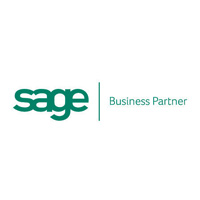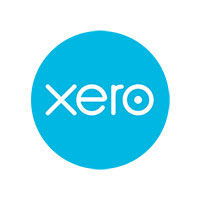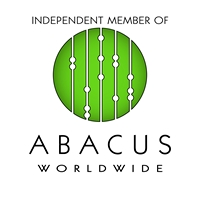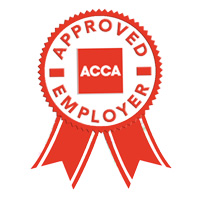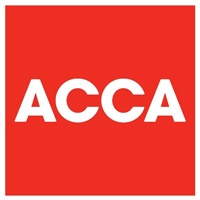
The rules for determining whether travel qualifies as business travel for tax purposes can become complex in a number of cases, for example, where employees work at multiple sites. But for employees who have one fixed place of work, a permanent workplace, most employers would feel confident that they understand the rules. Travel from home to the normal place of work is commuting. Travel to visit customers or suppliers or for some other business purpose is business travel.
However, it may not be quite so simple.
For example, one of your employees, Fred, is based at your office in Doncaster. He is invited to attend an interview at the head office in London for a promotion. The following week, he also travels to London to discuss a customer project. In both cases his travel costs are reimbursed.
Most employers would expect the reimbursement of the travel costs to be free of tax and NIC. However, they would be wrong. According to HMRC, only the second journey can be reimbursed free of tax and NIC.
HMRC set out their position last month, in Employer Bulletin, Issue 59:
Employees travelling to interviews, promotion boards and grievance panels
When your employees are travelling to attend an interview, promotion board, grievance panel or other such event, they will not be able to show that the expense is being incurred for travel to a workplace to perform the duties of the employment. In other words, it will not be a requirement of the job that your employees attend such events. The travel cannot, therefore, be classed as ‘official’ or ‘business’ travel and will not qualify for tax relief. Whether paid prior to 6 April 2016 when dispensations apply, or after, when dispensations cease to exist, you cannot pay or reimburse such expenses without deducting tax and NICs from those payments.
The tax rules provide that employees are entitled to relief for the costs they are obliged to incur travelling in the performance of their duties or travelling to or from a place they have to attend in the performance of their duties, provided that it is not ordinary commuting or private travel.
So travel and related costs, such as subsistence, are only allowable if the travel is part of the duties of the employment or if it is to a place where the duties are performed. In our example, Fred’s trip to London for a customer project satisfies the requirement of travelling to a place he has to attend to perform the duties of his employment. Fred’s trip to attend his promotion interview does not. The promotion interview is not part of the duties of his employment and so costs of attending the interview are not allowable and if reimbursed should be subjected to tax and NIC deductions through the payroll.
HMRC indicate that this is not a new interpretation, although it has not appeared in previous guidance. It is significant that it is published now. With the end of dispensations and the new statutory exemptions for expenses, employers need to ensure that they can properly identify business travel which falls within the exemption and, so which can be reimbursed free of tax and NIC, and the travel which does not, and so which must be put through the payroll with the deduction of tax and NIC.
If you would like further information or to discuss particular cases, please contact Mark Wildi on 01689 877081.


